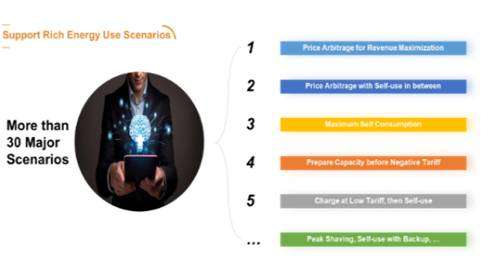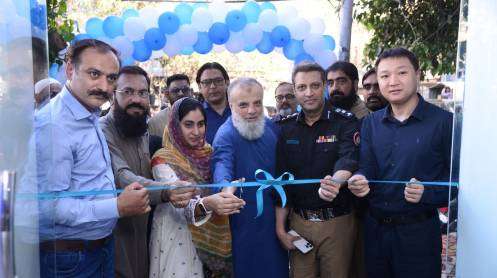KARACHI – Pakistan’s transition to a competitive electricity market remains stalled despite regulatory greenlights and a successful six-month test run of the Competitive Trading Bilateral Contracts Market (CTBCM) by the Central Power Purchasing Agency-Guarantee (CPPA-G).
A recent high-level multi-stakeholder dialogue hosted by Renewables First (RF) brought together policymakers, regulators, development partners, and industry experts to address the slow pace of CTBCM’s commercial launch. Although both the Economic Coordination Committee (ECC) and the National Electric Power Regulatory Authority (Nepra) have approved the framework, full-scale operations have yet to commence.
Stakeholders expressed frustration over the continued dominance of the single-buyer model, where CPPA-G remains the exclusive purchaser of electricity, and state-run distribution companies (DISCOs) maintain monopolistic control. This structure, they argued, leads to mounting capacity payments, underutilized power assets, and minimal private-sector engagement.
Energy analyst Ramsha Panhwar highlighted critical flaws in the current pricing of the Use of System Charge (UoSC), a cornerstone of the CTBCM. Over 80% of the UoSC is composed of stranded costs and cross-subsidies, rendering open access unaffordable and the market unattractive to new entrants.
She advocated for a phased and rationalized recovery of stranded costs to lower the UoSC and incentivize competitive participation.
Despite reform momentum in recent years, experts warned that further delays risk undermining investor confidence and delaying benefits such as improved efficiency, cost reductions, and greater consumer choice in the power sector.







